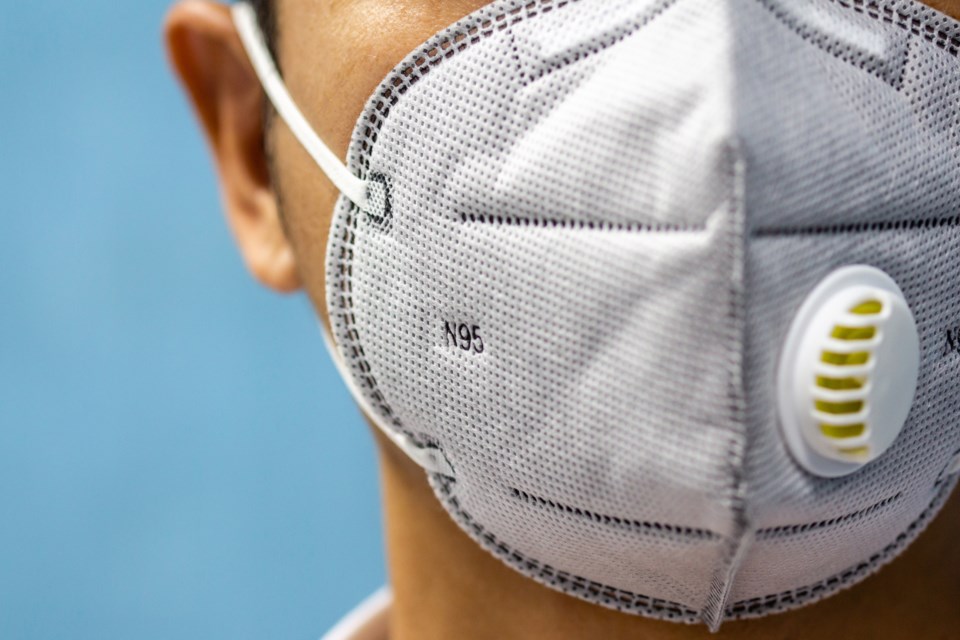TORONTO — Ontario health officials say low-risk individuals who are asymptomatic should not be going to assessment centres for a COVID-19 test.
Associate chief medical officer of health Dr. Barbara Yaffe says that testing needs to be reserved for people with symptoms, or those who have come into contact with someone who has COVID-19.
Testing will also be available to people involved in outbreak investigations conducted by public health.
Previously, the province had encouraged anyone who wanted to get a COVID-19 test to seek one at an assessment centre.
The change today comes as assessment centres across the province have been struggling with long-line ups.
The government announced yesterday that asymptomatic individuals can make an appointment to get a COVID-19 test at up to 60 pharmacies across the province starting Friday.
The province saw a processing backlog of nearly 50,000 tests on Wednesday as demand for the assessments surged because of the return to school.
Ontario is reporting 409 new cases of COVID-19 today, and one new death related to the virus.
Health Minister Christine Elliott said 63 per cent of the new cases are in people under the age of 40. She said 151 new cases are in Toronto, while 82 were in Ottawa and 46 in Peel Region.
The new figures come as Doug Ford's office said one of the premier's junior staff members has tested positive for COVID-19.
It said the staffer is part of Ford's tour team, which organizes his appearances while travelling.
The premier's office said Ford did not have close contact or prolonged exposure to the staffer and will monitor for symptoms.
Ford is still expected to participate in an announcement today on a new part of his fall pandemic preparedness plan.
The premier has already announced the province will launch a bolstered flu shot campaign in the coming weeks in a bid to preserve hospital capacity.
Other yet-to-be announced elements of the province's plan will focus on quick identification, management and prevention of COVID-19 outbreaks.
The strategy will also address ways to reduce health service backlogs, prepare for case surges and recruit and train health-care workers.
This report by The Canadian Press was first published Sept. 24, 2020.
The Canadian Press
